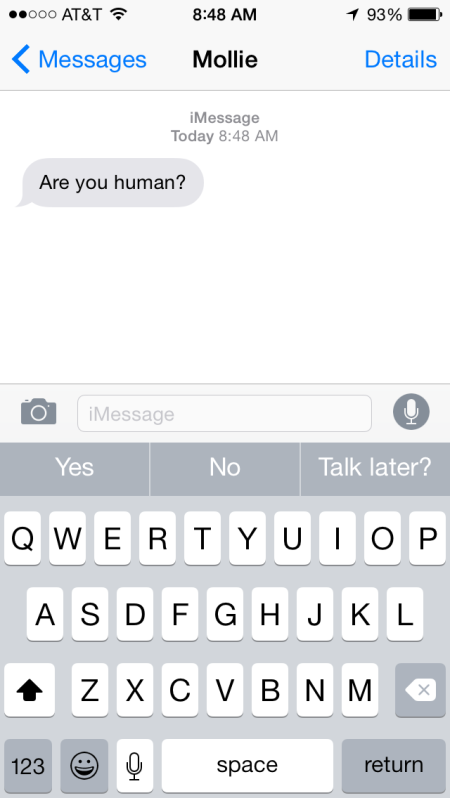It has been a while since I blogged about this and I wanted to circle back and give my summary in retrospect of my certification process.
First of all, I passed the Java SE 8 Programmer I exam! Cool!
I started studying in January of 2017. Admittedly, I wasn’t as diligent or disciplined as I could have been or should have been. Overall, I probably put in about 200 hours of study time. The book I used was the “OCA: Oracle Certified Associate Java SE 8 Programmer I Study Guide: Exam 1Z0-808” by the publisher Sybex. It was an okay book. There were a few things that I didn’t like about it. I felt the examples on lambdas were confusing and the chapter on a major portion of the test, polymorphism, was inadequate. Fortunately, there are lots of other sources of material that you can pull from. Probably the best thing about this book was a companion app in the Apple app store. I had to buy it (about $8) but it let me review tests and take full tests from my iphone and my ipad. For me, this was hugely helpful!
What about the effectiveness of the information? Did what I learn help me in any way be a better java developer? Well…that might be debatable. While I think it was good to go through the process of learning and filling in gaps in my own understanding, I think there are portions of the exam that are just silly. The exam will make you study things that just don’t matter because you will never use them in the real world. In fact, there are sections of the book where the authors literally say “Don’t do it this way in real life. Just learn it for the test and know you CAN do this, but don’t really do this.” I won’t get into specifics here. If you want to have a discussion about the specifics, let me know. We will set up some time to discuss it.
So, what does this mean? Is there any significance in my day to day life after having my first certification? From a functional standpoint, there is probably not much difference. I know a little bit more than I did when I started, and that is always a good thing. Probably the biggest difference is that I now have this on my name. It has become a part of my personal brand. I don’t want to brag about it, but it is a thing that does distinguish me from those who don’t have the certification. It is a badge that I wear that says “I value my personal and professional growth enough to put the time into becoming something more than I used to be.”
I don’t know why you wouldn’t want to put the time and effort into it. It will only make you better and, honestly, it wasn’t THAT hard. It’s not like it is a master’s degree or even a course. It is probably about the same amount of work as a college level undergraduate course. Spend a semester studying it. Then register for the exam. Then work your way toward the exam. If you want some help and guidance on how to plan it out, let me know. I’m happy to help!



 Posted by jkilgrow
Posted by jkilgrow 